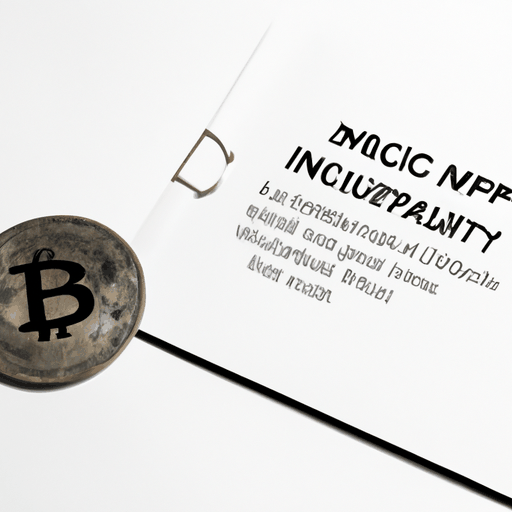
Learn Concept: Understanding Regulatory Impacts on Cryptocurrencies
By: Eva Baxter
With the rise of digital currencies, many countries are implementing regulation policies to mitigate risks and create a safer ecosystem for cryptocurrency use. For example, increased Senate support has been announced for the United States' Digital Asset Anti-Money Laundering Act, which targets uses of cryptocurrencies for criminal activities such as money laundering and terrorism financing. Additionally, South Korea has introduced a set of regulations for protecting digital asset investors and increasing oversight of its rapidly growing crypto sector as part of the 'Act on the Protection of Virtual Asset Users'.
These regulations can have a notable impact on digital currencies, affecting their adoption, technological advancement, and even their prices. For instance, the United States' regulation will encompass a broader definition of 'financial institutions' to include crypto miners, hardware wallet providers, and independent blockchain validators. In the future, the Treasury Department will be enforcing anti-money laundering policies for these entities.
On the other hand, South Korea enforces strict safety standards for Virtual Asset Service Providers and introduces punishments for unfair trading practices in the digital asset market. This aims to provide a safer environment for digital asset investors but could also impose burdens on service providers.
While regulations are necessary to ensure the safety and reliability of the crypto market, they can also bring challenges. It's important for crypto users to keep up-to-date with regulatory developments to understand how these changes may impact their investments or business operations.



